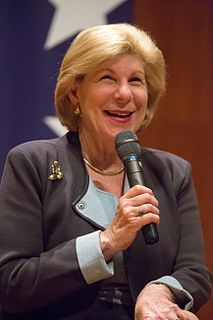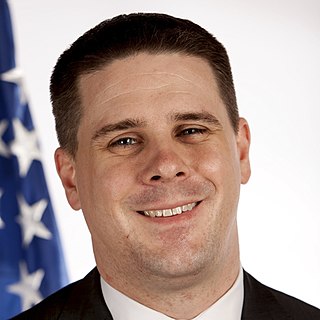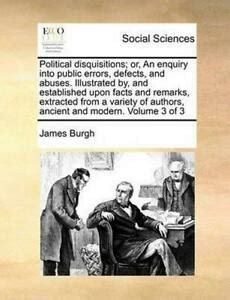A Quote by Ayelet Shaked
The court's authority must be clear, and it must not blatantly intervene in the decisions of the legislative and executive branches.
Quote Topics
Related Quotes
We often imagine that the court serves as a sort of neutral umpire controlling the warring political branches. But this is mostly myth. The justices of the Supreme Court are themselves actors in the struggle for power, and when they intervene, they think carefully about how their decisions will affect the court's own legitimacy and authority.
We often imagine that the court serves as a sort of neutral umpire controlling the warring political branches. But this is mostly myth. The justices of the Supreme Court are themselves actors in the struggle for power, and when they intervene, they think carefully about how their decisions will affect the courts own legitimacy and authority.
We all learn in school that the judicial, legislative and executive branches of government must check and balance each other. But other non state institutions must participate in this important system of checks and balances as well. These checking institutions include the academy, the media, religious institutions and NGOs.
The question whether the judges are invested with exclusive authority to decide on the constitutionality of a law has been heretofore a subject of consideration with me in the exercise of official duties. Certainly there is not a word in the Constitution which has given that power to them more than to the Executive or Legislative branches.
The constitution has divided the powers of government into three branches, Legislative, Executive and Judiciary, lodging each with a distinct magistracy. The Legislative it has given completely to the Senate and House of Representatives. It has declared that the Executive powers shall be vested in the President, submitting special articles of it to a negative by the Senate, and it has vested the Judiciary power in the courts of justice, with certain exceptions also in favor of the Senate.
By Congress delegating its authority to the executive and judicial branches, we've removed the American people from the process. They're left as bystanders to the whims of executive overreach, and they're watching the country they know and love slip away. Worse, they think their representatives are powerless to stop it.






























